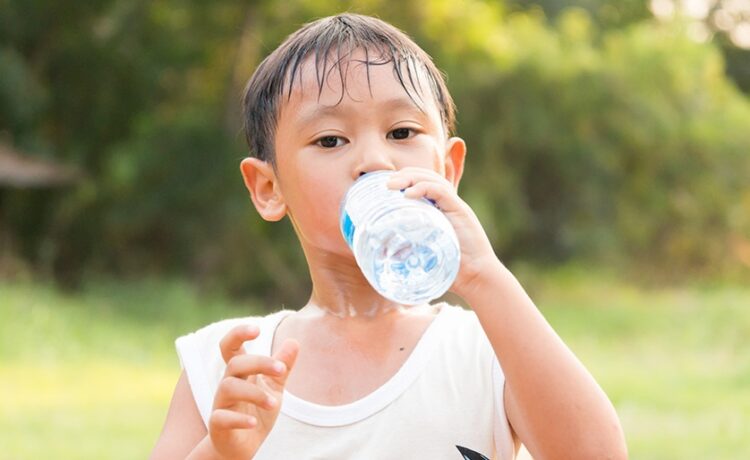Dealing with children vomiting can be worrying for parents, especially in Singapore’s hot and humid climate. Ensuring proper hydration is crucial for their recovery and well-being. Here are some essential tips to help parents manage hydration strategies for vomiting in children effectively.
Understanding Children Vomiting
Children vomiting can occur due to various reasons such as stomach viruses, food poisoning, motion sickness, or underlying health conditions. Vomiting is the body’s way of expelling harmful substances, but it can lead to dehydration if not managed properly. Recognising the signs of dehydration and knowing how to rehydrate your child are essential.
Rehydration Solutions
- Oral rehydration solutions (ORS) are specially formulated to replenish lost fluids and electrolytes in cases of vomiting and diarrhea.
- These solutions contain a precise balance of salts and sugars that aid in faster absorption of fluids by the body.
- Encourage your child to take small sips of ORS frequently, even if they vomit, to prevent dehydration.
Offer Clear Fluids
In addition to ORS, offer clear fluids such as:
- Water
- Diluted fruit juice
- Clear broths
- Coconut water
Small, frequent sips are more manageable for children who are feeling nauseous. Do keep fluids readily available and offer them regularly to ensure your child stays hydrated.
Avoid Certain Foods
During episodes of vomiting, it’s best to avoid solid foods until your child’s stomach settles. Consider:
- Avoiding sugary or caffeinated drinks as they can worsen dehydration.
- Avoiding heavy, greasy, or spicy foods as they can exacerbate nausea and may be difficult to digest.
Monitor Urine Output
Monitoring your child’s urine output is an essential indicator of hydration status. Encourage them to urinate regularly and observe the color of their urine.
- Pale yellow urine indicates adequate hydration.
- Dark yellow or amber-coloured urine may indicate dehydration.
- If your child produces little to no urine or shows signs of dehydration, seek medical attention promptly.
Encourage Rest
Rest is crucial for recovery, especially during episodes of vomiting.
- Encourage your child to rest in a cool, comfortable environment and avoid strenuous activities until they feel better.
- Adequate rest allows the body to focus its energy on fighting off the underlying cause of vomiting and promotes faster recovery.
Seek Medical Attention if Necessary
While most cases of vomiting in children resolve on their own with proper hydration and rest, some situations may require medical attention.
- Seek medical help if your child exhibits signs of severe dehydration, such as sunken eyes, dry mouth, lethargy, or decreased urine output.
- If vomiting persists for more than 24 hours, is accompanied by high fever, severe abdominal pain, or blood in vomit, consult a healthcare professional promptly.
Preventing Dehydration
- Encourage your child to drink fluids even before they feel thirsty.
- Offer popsicles, ice chips, or frozen fruit bars if your child finds it difficult to drink liquids.
- Use a medicine dropper or oral syringe to administer small amounts of fluids if your child refuses to drink.
- If breastfeeding, continue to nurse your baby as breast milk provides essential hydration and nutrients.
Even after vomiting stops, it’s important to continue hydrating your child to replenish lost fluids and prevent dehydration.
- Offer small, frequent sips of fluids throughout the day.
- Monitor their urine output and ensure it remains pale yellow in color.
Gradual Reintroduction of Food
Once vomiting has subsided, gradually reintroduce bland, easy-to-digest foods such as:
- Bananas
- Rice
- Applesauce
- Toast
- Plain yogurt
Avoid fatty, spicy, or acidic foods that may irritate the stomach.
Conclusion
Managing hydration strategies for vomiting in children requires careful attention and proactive measures. By offering rehydration solutions, clear fluids, monitoring urine output, encouraging rest, and seeking medical attention if necessary, parents can help their child recover from vomiting and prevent dehydration complications. Remember to stay calm, provide comfort, and offer plenty of reassurance to your child during this challenging time.















